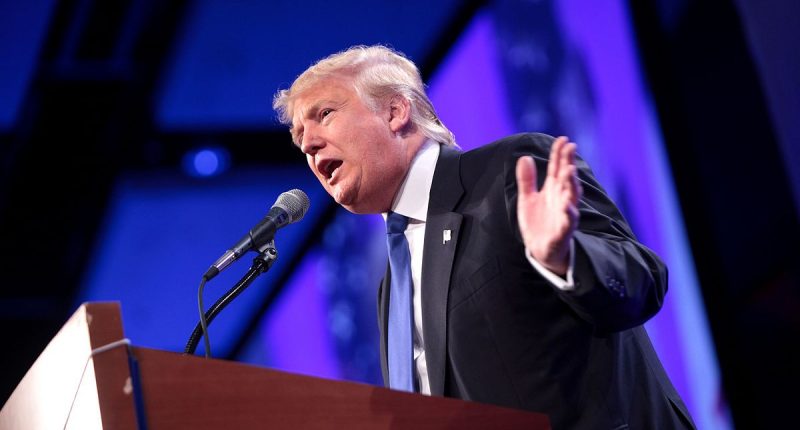This story has been updated with additional live updates.
Update Monday April 14, 2025 | 10:00 AM IST
According to Trump’s latest diktat, there will be soon be tariffs on imported semiconductor chips as well, though there will be some flexibility for certain companies. This effectively means, that last week’s exemptions on certain electronics will sooner or later, come to an end.
“We wanted to uncomplicate it from a lot of other companies, because we want to make our chips and semiconductors and other things in our country,” Trump told reporters aboard Air Force One, while heading back to Washington from his beach resort.
Trump declined to say whether some products such as smartphones might still end up being exempted, but added: “You have to show a certain flexibility. Nobody should be so rigid.”
Previously
US President Donald Trump’s administration has now announced that smartphones, laptops, semiconductor chips, and various other electronics would be exempt from the newly imposed reciprocal tariffs targeting foreign imports (particularly from China). This exemption applies to goods imported on or after April 5, 2025, even though the announcement was made later.
Importantly, the US Customs and Border Protection (CBP) issued official guidance to implement this decision, ensuring that importers are not charged the tariffs for these specific products retroactively.
Speaking in detail, around 20 electronic products were excluded from the tariffs, including smartphones, laptops, semiconductor chips, memory cards, hard drives, flat-panel monitors, semiconductor manufacturing equipment, solar cells, and routers. Interestingly, these items, many of which are predominantly manufactured in China, were initially subject to a 145% tariff.
It is important to note that the latest exemptions were influenced by several factors. The initial tariff announcements led to significant market volatility, including a downturn in the stock market and a sell-off in US government bonds.
In fact, there were rising concerns about potential price hikes on widely used consumer electronics, which could have burdened American consumers. This comes days after the US administration granted a 90-day reprieve from reciprocal tariffs to countries other than China, aiming to promote goodwill and encourage trade negotiations.
Meanwhile, this exemption is expected to benefit major technology companies, like Apple, Samsung, HP, Dell, and Microsoft, which rely heavily on global manufacturing, particularly in China. Analysts suggest that this move eases significant pressure on the tech sector and especially US Big Tech firms.
However, despite the exemptions, uncertainties remain. For example, in response to the Trump administration’s reciprocal tariffs, Tesla (owned by Trump’s vocal supporter Elon Musk) reportedly suspended new orders for its US-manufactured Model S and Model X vehicles in China.
Additionally, Apple is also making significant efforts to diversify its manufacturing footprint beyond China. However, despite all efforts, China remains a critical part of Apple’s supply chain since around 85% to 90% of iPhones are assembled there. The scenario becomes more noteworthy as analysts estimate that moving just 10% of Apple’s production capacity out of China could take about 2-4 years.
Talking about India (one of the notable trade partners of the US), the country is facing potential reciprocal tariffs due to its own import duties on US electronics and it is in discussions to reduce these duties to avoid US tariffs that could impact its electronics exports. In the meantime, Apple plans to expand iPhone production in India, aiming to shift 25% of its production by FY26. In fact, the US remains the largest importer of smartphones from India, with imports totaling around $6 billion in the fiscal year 2023–24.
The Tech Portal is published by Blue Box Media Private Limited. Our investors have no influence over our reporting. Read our full Ownership and Funding Disclosure →






